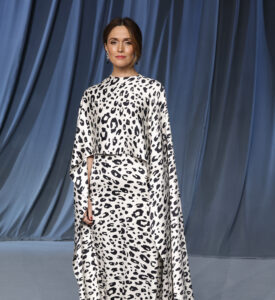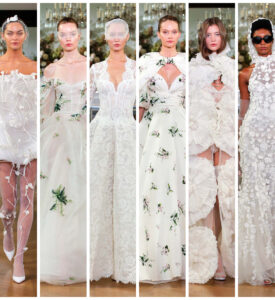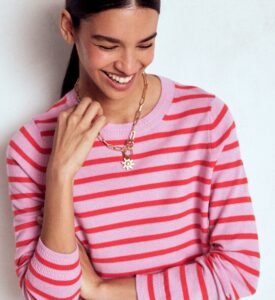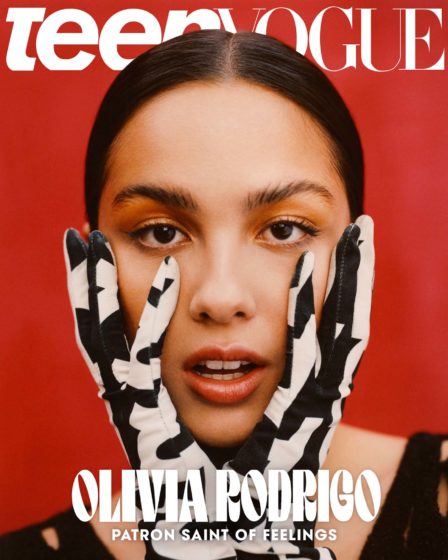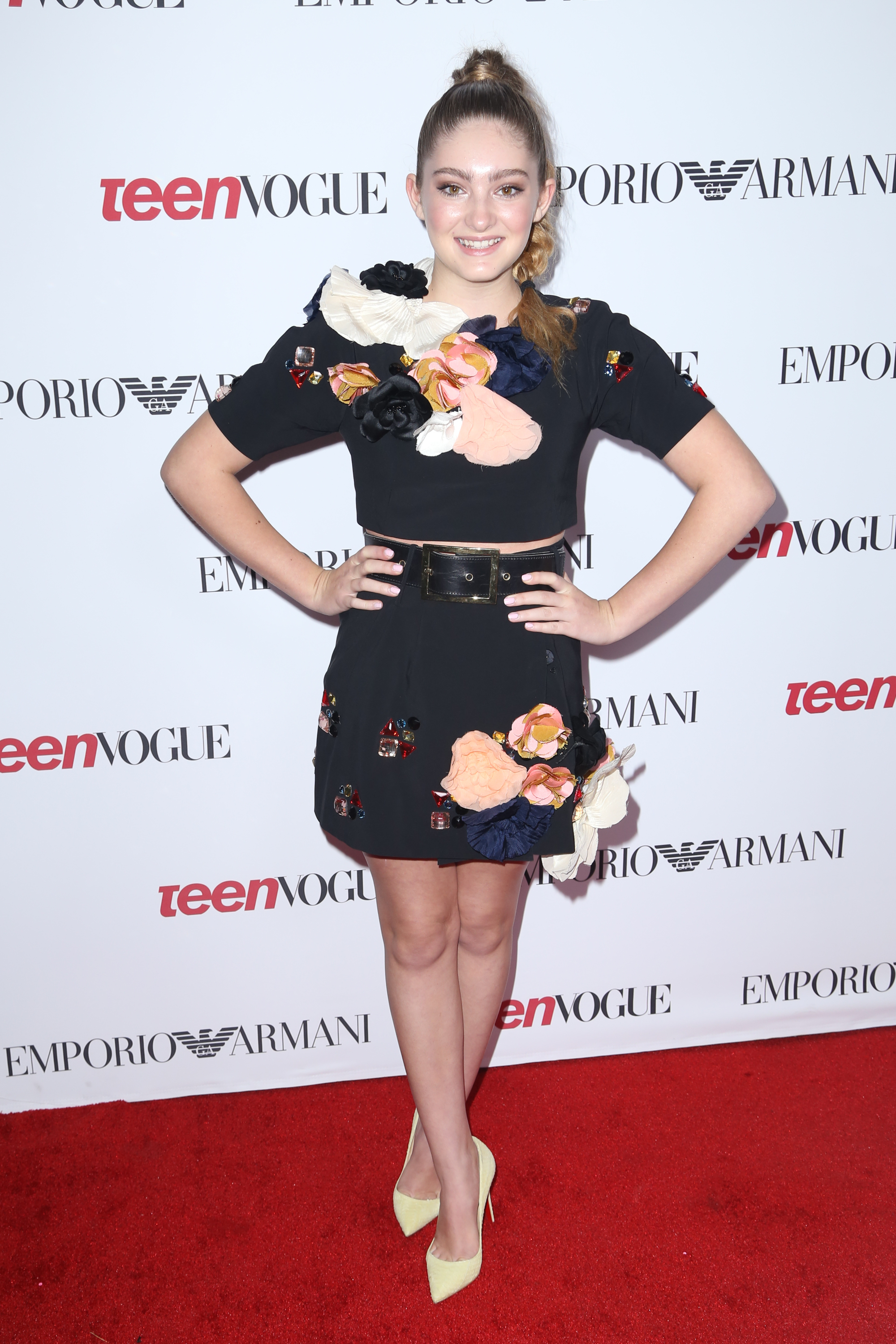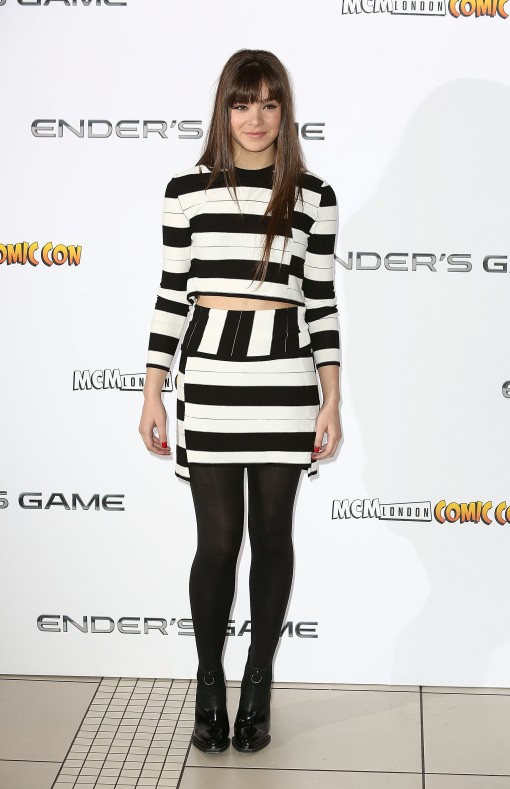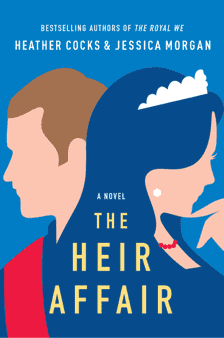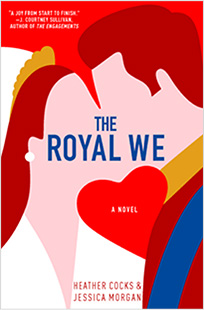I believe Teen Vogue still does not publish a physical magazine, so this “cover” is more of a digital honor — but, still significant, because Teen Vogue itself has developed such wide-ranging influence. So it makes sense that Olivia would be fronting its October issue, even just in pixel form, and honestly is something I’m surprised didn’t happen earlier. Though it makes for a richer story, given the discussion in the last few months about songwriting credits and interpolation, as it pertains to “good 4 u” and “1 step forward, 3 steps back” and such. After explaining the context and citing litigation surrounding “Blurred Lines” and whether it infringed on Marvin Gaye, writer P. Claire Dodson notes:
What that means for Olivia the human is that she’s reached a level of fame where she has become an avatar for larger conversations. She’s the photo at the top of the article. But what good does defensiveness serve? “It’s tricky,” Olivia says, careful with her wording. “Writing songs about how I feel has always been easy and fun for me, and I think the business side of music has been something I’ve had a harder time learning.”
[…] Interpolation — when you record part of a song created by someone else and use it in a new way — is different from sampling someone else’s work in its original form. They’re really common in music, Olivia says, and she tries not to get caught up in what people say.
“I think it’s disappointing to see people take things out of context and discredit any young woman’s work,” she adds on the call. “But at the end of the day I’m just really proud and happy to say that my job is being a songwriter … All music is inspired by each other. Obviously, I write all of my lyrics from my heart and my life first. I came up with the lyrics and the melody for ‘good 4 u’ one morning in the shower.”
Meanwhile, Olivia is going to keep talking about all the artists she admires. “What’s so beautiful about music is that it can be so inspired by music that’s come out in the past,” Olivia says, lighting up at the table. “Every single artist is inspired by artists who have come before them. It’s sort of a fun, beautiful sharing process. Nothing in music is ever new. There’s four chords in every song. That’s the fun part — trying to make that your own.”
It’s an interesting issue, and actually, even more timely when you consider the current raging online discourse about the Bad Art Friend story in the New York Times — an incredibly well-constructed piece with psychologically fascinating dynamics that centers around the issues of plagiarism and ownership vs. inspiration in the writing world. It’s also a lot for a newly minted 18-year old to wade into, so I don’t envy her having to fumble for answers about a process that is a tad more nebulous than stolen words. She doesn’t shy away from it, though. Anyway, give it a look.
Oh, and the Teen Vogue terms of use require a photo credit and story link on each slide, so just… be aware that this is why the same thing will be present at the end of each caption.
